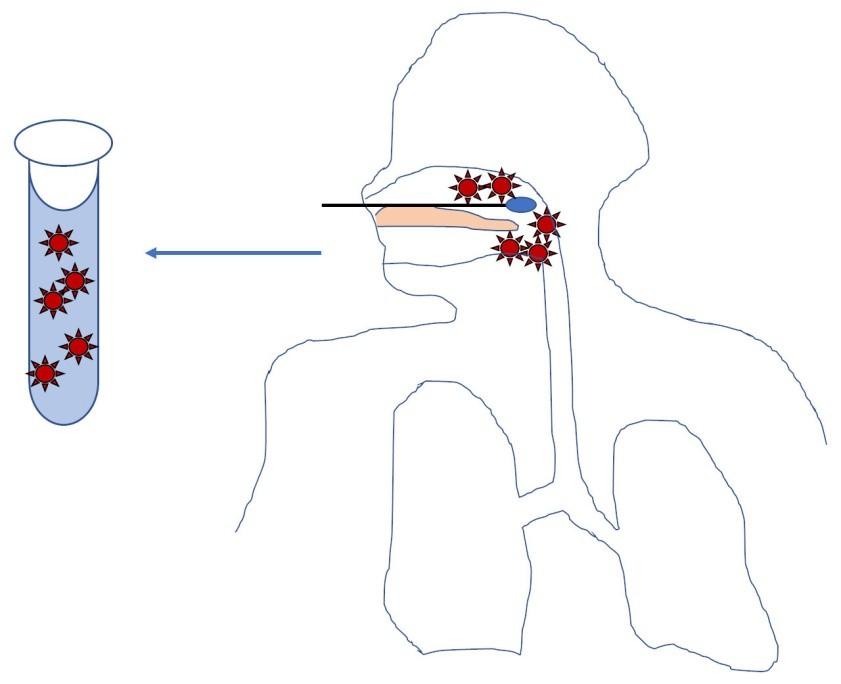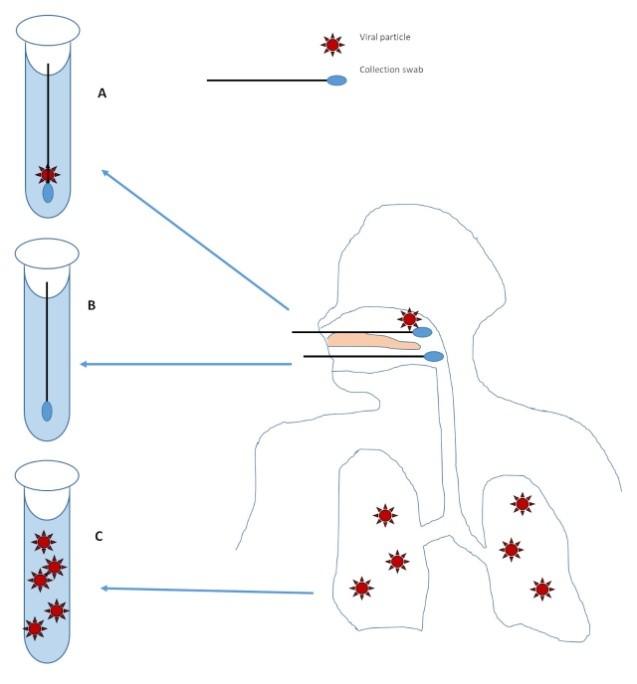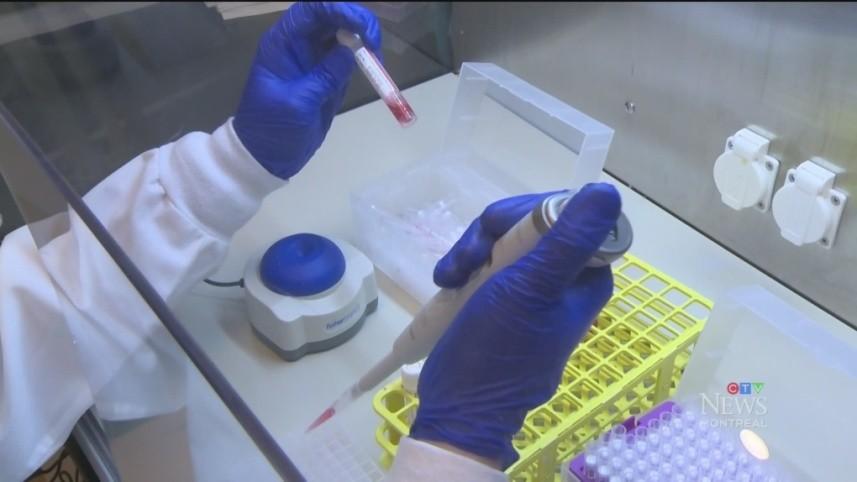PCR Testing How It Works and Why It's Important


What is PCR Testing?
PCR (Polymerase Chain Reaction) testing is a widely used molecular biology technique that allows scientists to amplify and detect specific DNA sequences. It has gained significant importance in various fields, including medical diagnostics, genetic research, and forensic analysis. PCR testing is particularly relevant in the context of infectious diseases, such as the COVID-19 pandemic, as it enables the detection of the causative agent, in this case, SARS-CoV-2.

How PCR Testing Works
Sample Collection: A sample is collected from the patient, typically through a nasal or throat swab for COVID-19 testing. The sample may contain a mixture of genetic material, including the virus, if present.
RNA Extraction: In the case of RNA viruses like SARS-CoV-2, an additional step is performed to extract the viral RNA from the sample. This ensures that the genetic material of interest is isolated and can be used as the starting material for the PCR reaction.

Reverse Transcription: If the genetic material is RNA, as in the case of SARS-CoV-2, an additional step called reverse transcription is performed. This step converts the viral RNA into complementary DNA using an enzyme called reverse transcriptase.
PCR Amplification: The PCR amplification process consists of cycles of heating and cooling the sample in a thermal cycler machine. The reaction mixture contains several components: the target DNA or cDNA, primers, DNA polymerase (an enzyme that synthesizes new DNA strands), and nucleotides.
Detection: The amplified DNA can be detected through various methods, such as gel electrophoresis, where the DNA fragments are separated by size and visualized, or through fluorescent probes that emit signals when bound to the target DNA.
Why is PCR testing important?
Disease Diagnosis: PCR testing is crucial for diagnosing infectious diseases like COVID-19, as it allows for the detection and identification of the causative agent. By amplifying and detecting specific DNA or RNA sequences, PCR enables the accurate and early identification of pathogens in patient samples.
Surveillance and Monitoring: PCR testing plays a vital role in monitoring the spread of infectious diseases. By testing a large number of samples, it helps track the prevalence and transmission of the disease within a community or population.

Research and Development: PCR is a fundamental tool in genetic research, allowing scientists to amplify and study specific DNA sequences of interest. It enables the identification of genetic variations, gene expression analysis, and various other applications in genomics and molecular biology.
Forensic Analysis: PCR testing is used in forensic investigations for DNA profiling and identification. It enables the analysis of DNA samples from crime scenes, missing persons, and paternity testing.



Global Travel Clinics Address: 440 Louisiana St. Suite 900 Houston, TX, US 77002 Call Us: +1 888 351 3336 Website: https://www.globaltravelclinics.com/ Email: info@globaltravelclinics.com








